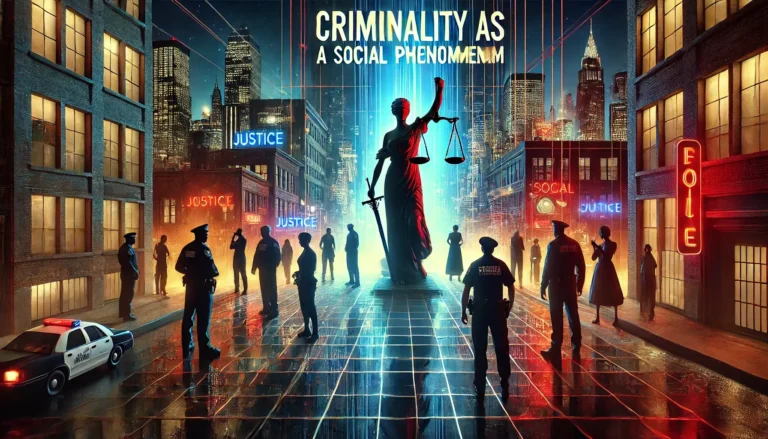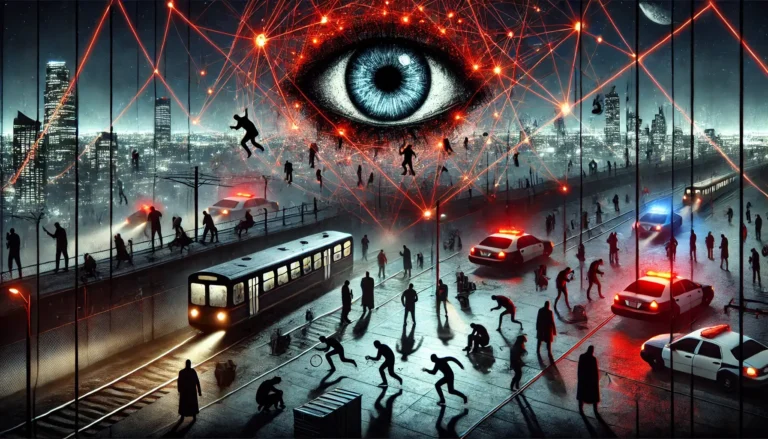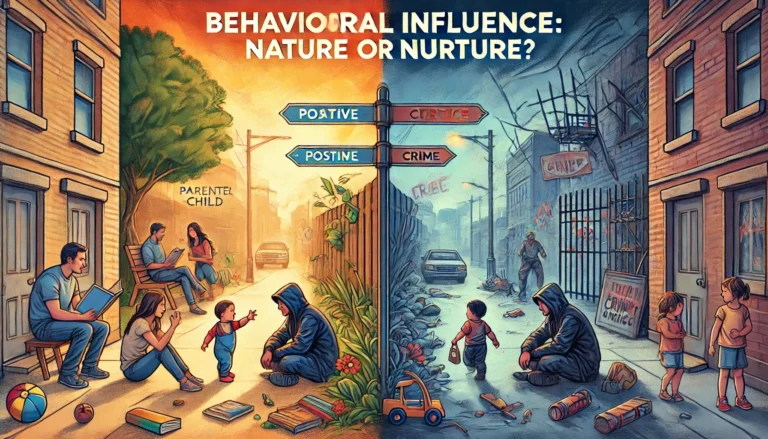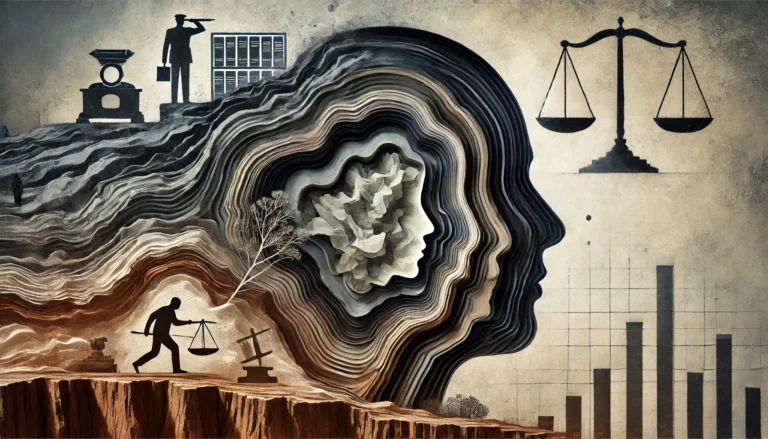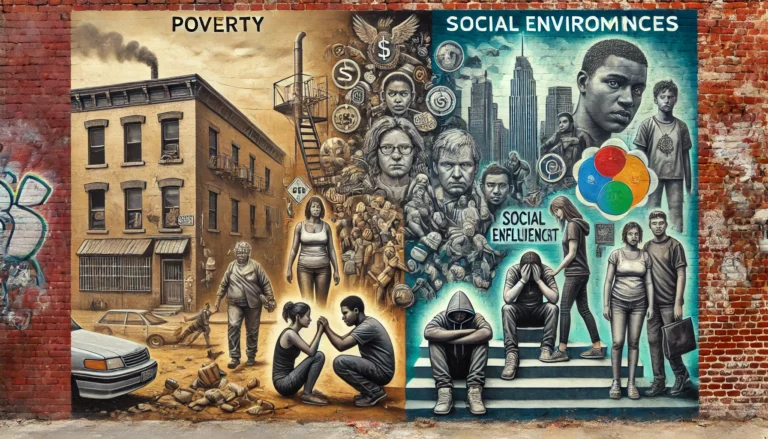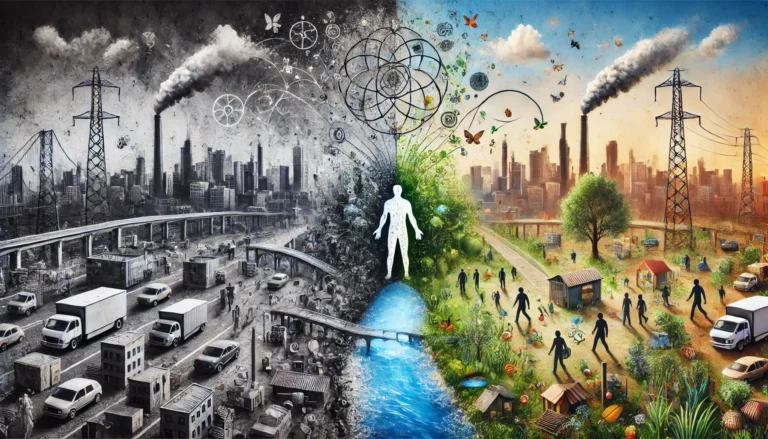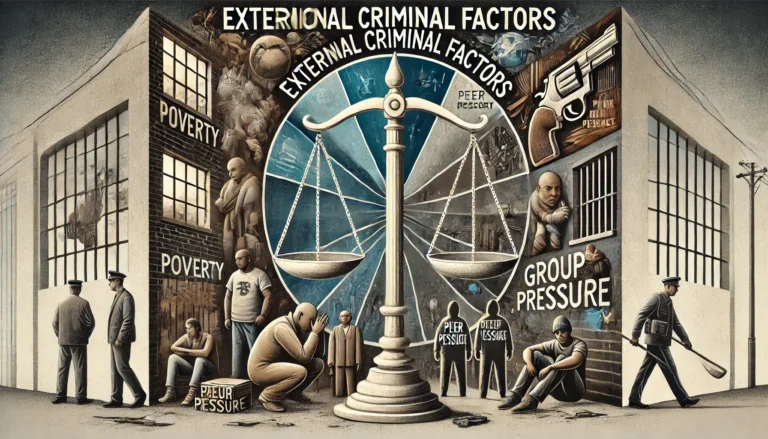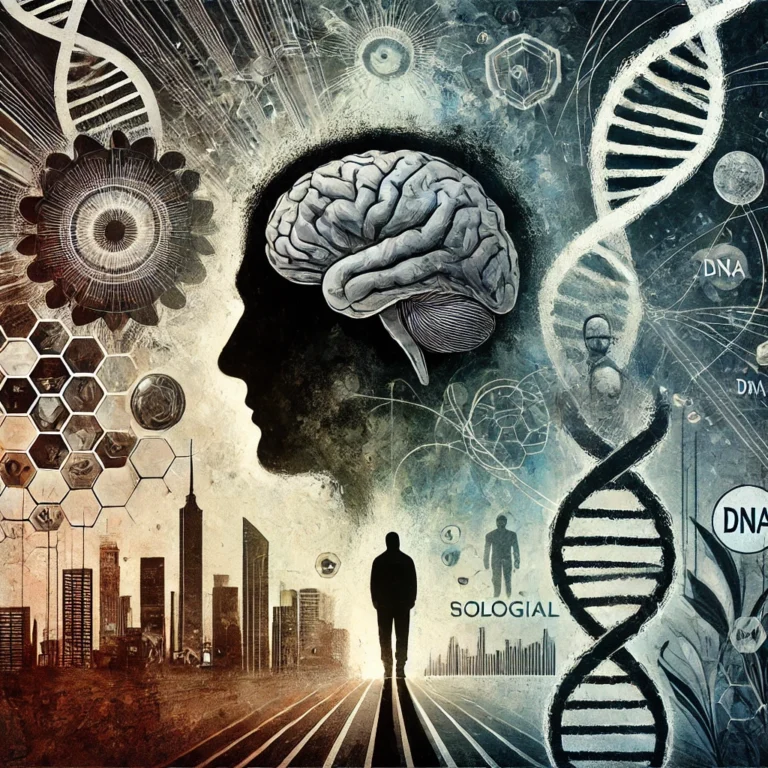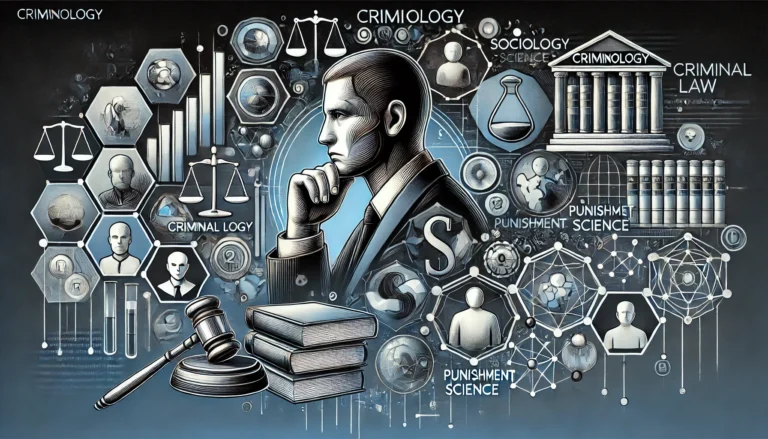Criminality as a Social Phenomenon
Criminality has long been a central issue in societies across the world. While crime is often viewed as an individual act of deviance, it is increasingly understood as a social phenomenon. This perspective recognizes that crime is not merely the result of personal choices but is shaped by social structures, cultural norms, economic conditions, and…

